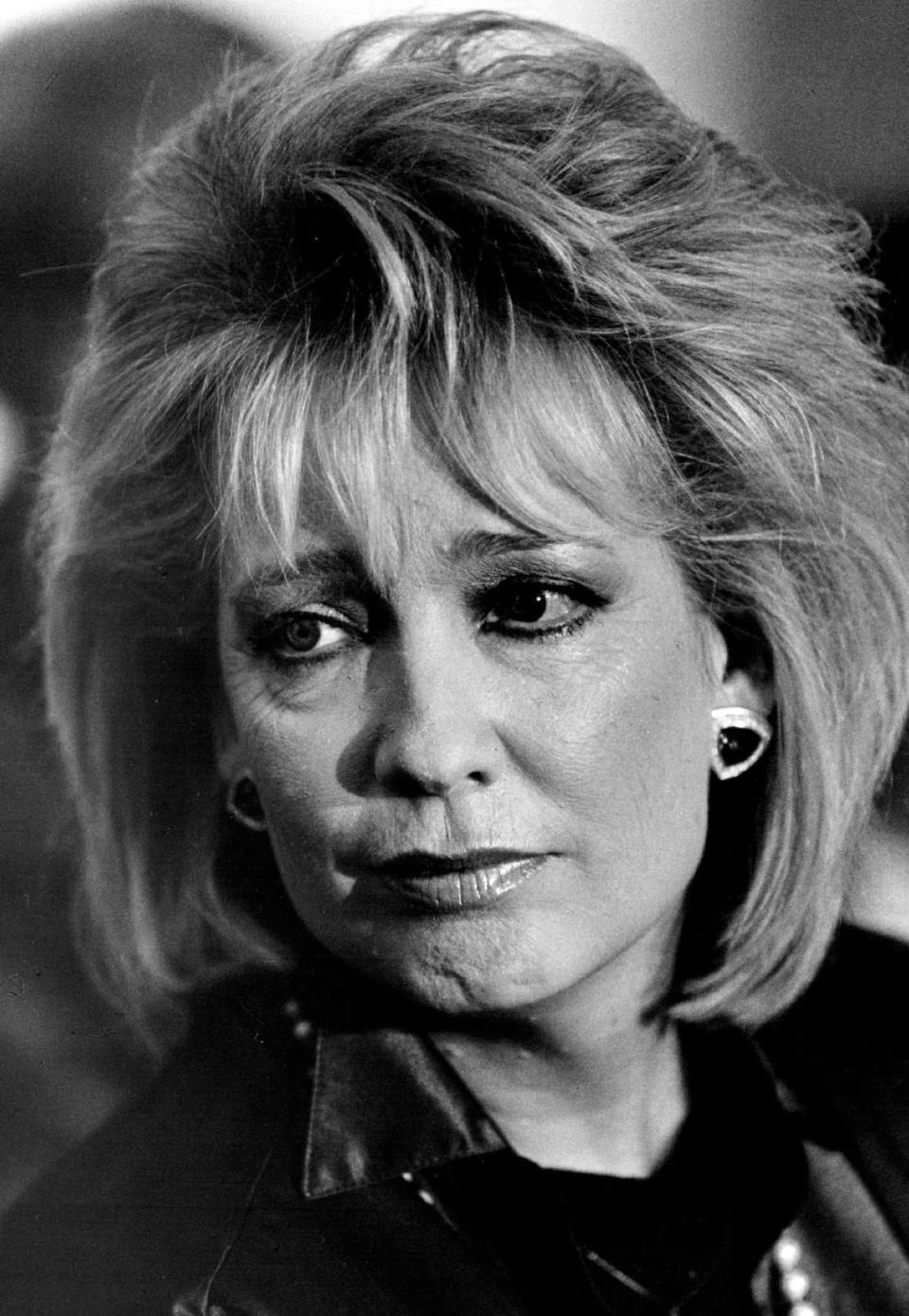It’s time to honor a pioneering California woman badly mistreated in her day | Opinion
It is long overdue to remember and honor Rose Bird, the first woman to serve as a member of a governor’s cabinet and the first woman to serve as chief justice of the California Supreme Court.
A resolution now pending in the California legislature, Senate Concurrent Resolution 47, introduced by Senator Steve Glazer (D-Orinda), would do just that by renaming a rose garden plaza outside the State Capitol in Bird’s honor. The resolution was approved by the Senate Governmental Organization Committee by a 10-2 vote, and it should now be passed by both houses of the legislature.
Bird, who died in 1999 at 63, had an illustrious career and was a true trailblazer. After graduating from UC Berkeley School of Law (where I am now dean) in 1965, she was the first woman to clerk on the Nevada Supreme Court. She was then the first woman to be a deputy public defender in Santa Clara County. Gov. Jerry Brown named her as Agriculture Secretary, making her the first women to hold a cabinet position. In 1977, Brown named Bird as chief justice of the California Supreme Court.
Opinion
So why has nothing been named in her memory? The answer is that she is best remembered for having been denied retention to the California Supreme Court in 1986. That year, she and two colleagues, Joseph Grodin and Cruz Reynoso, were voted down in their retention elections. These were the first — and, to this point, the only — justices to be denied retention since 1934.
Bird’s legacy is tainted by this, but she never did anything wrong. There never was an allegation of the slightest impropriety by Bird or her colleagues. The vote against her was a result of a well-funded, well-organized conservative campaign.
The Bird Court was unquestionably liberal and ruled in favor of injured plaintiffs seeking recovery. The insurance industry largely paid for a recall campaign, initially targeting Bird and then Grodin and Reynoso. Their goal was a much more pro-business court, and they used the Bird Court’s overturning death sentences as the focus of their campaign.
California’s death penalty law had been declared unconstitutional by both state and federal courts. The California legislature reinstated the death penalty in 1977 and it was expanded by voter initiative in 1978. During Bird’s tenure as chief justice, the court overturned death sentences in 61 out of 65 cases by unanimous or near-unanimous votes.
But the recall campaign did not focus on the merits of the California Supreme Court’s decisions. Opponents attacked Bird, Grodin and Reynoso simply for not affirming enough death sentences. The anti-Bird campaign ran television commercials featuring the surviving families of murder victims from cases where the California Supreme Court had reversed the death sentence. The campaigns to retain Bird, Grodin, and Reynoso stressed the importance of judicial independence, but that message, unfortunately, did not resonate with voters.

Given the politics of California today, it’s hard to believe that three justices were denied retention for being liberal. But the political mood in California was different then. A Republican Governor, George Deukmejian, picked three conservatives for the Supreme Court who dramatically changed its direction in a much more pro-business, pro-law enforcement direction.
The circumstances surrounding Bird’s departure from the bench shouldn’t obscure her tremendous achievements. Her being denied retention was about the politics of that moment and unquestionably aided by sexism. She should be remembered for a life dedicated to public service and for being the first woman to serve in a governor’s cabinet and to serve as chief justice.
The Senate resolution would rename a plaza at the center of the state Capitol’s World Peace Rose Garden as the Chief Justice Rose Elizabeth Bird Justice for All Plaza. It is a small but important gesture to remember an important person in California history.
Erwin Chemerinsky is the dean and a professor at the UC Berkeley School of Law.

 Yahoo Sports
Yahoo Sports 